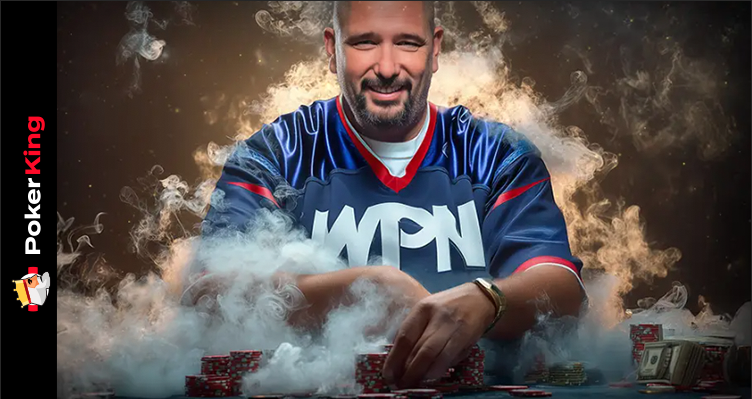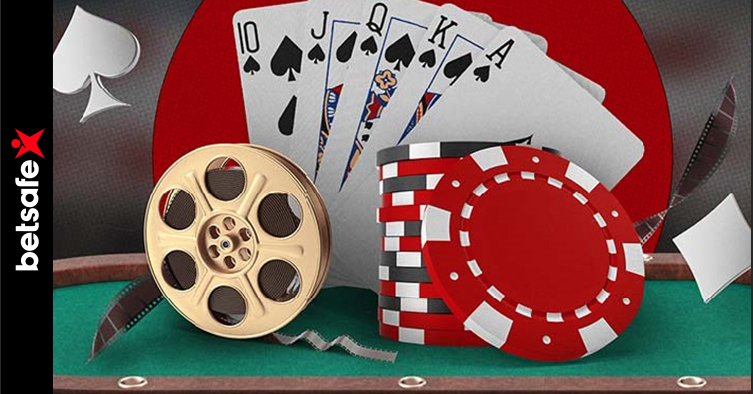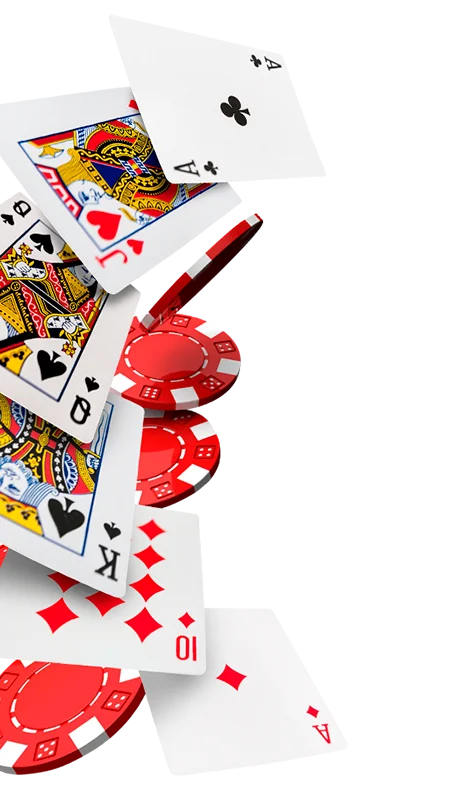
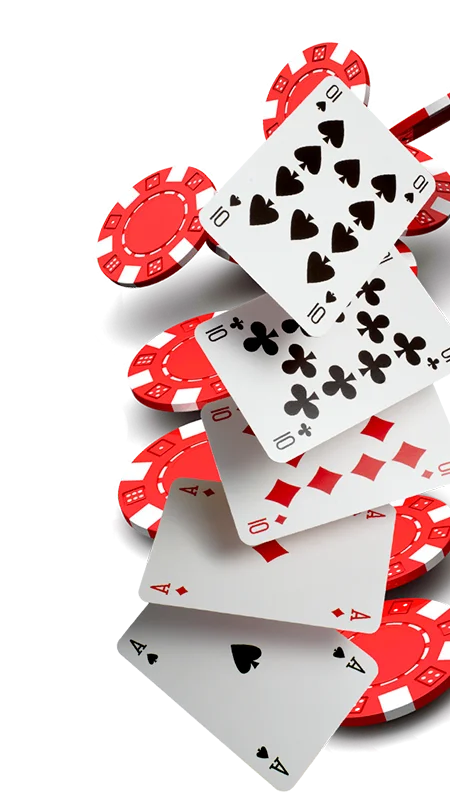
Leverage in poker: what to take into account
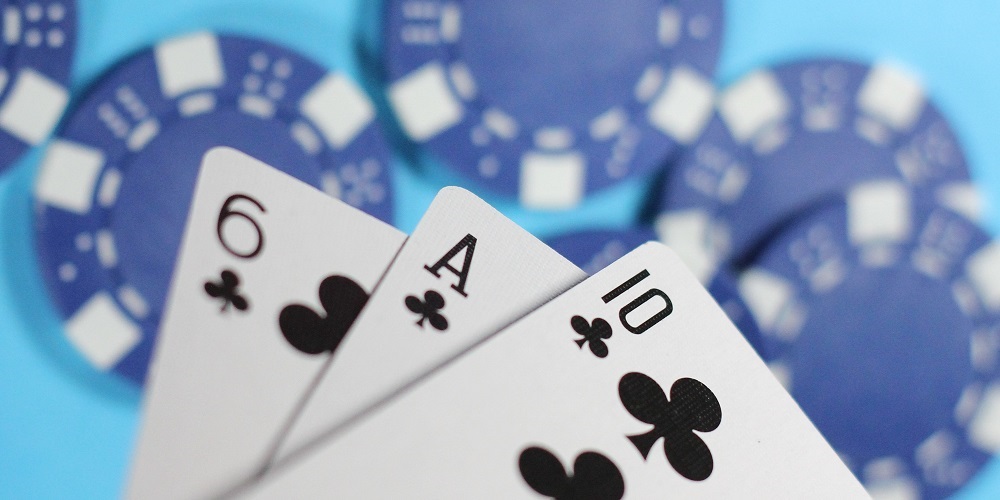
Within all the poker terminology, there
are concepts that either have been inherited from other sectors, or have been
invented within the poker world itself to refer to a play that needed to be
coined and did not have a name to define it.
Leverage belongs to the first group, and is a
concept closely associated with financial operations, which refers to
the use of debt to finance an operation that requires an injection of capital.
The use of debt to provide liquidity is called
leverage, and has been transferred to poker to define not exactly the use of
debt to play, but the role that chips can play and the probability that they
will end up in the pot.
Let's take a closer look.
What is leverage in poker

Although the concept of leverage has different
meanings in the different sectors in which it is present, in poker leverage has
a specific meaning: it refers to the effect on the game of chips that are
not in the pot, but are likely to be.
For example, let's take a Texas Hold'em
knockout MTT. Here, if two players with large stacks were in a hand that
ends up pushing them to commit half of their chips, and the one with the
smaller stack has had a hairy flop that will lead him to bet almost all the
chips on the turn and river, we can say that those remaining chips exert a
leverage force.
Why? Because those chips are not yet part of
the pot, but it is possible that they will since the game is pushing the player
who has fewer chips to bet postflop. This player could go forward, but with an
all-in, continuation is at stake. He can fold, but that means forgetting
half of his chips.
In other words: the leverage theory states that the bets we make represent the power we exert in the play, and the opponents' reactions are the resistance they exert to contain those bets. This is the leverage theory or leverage theory.
Leverage theory: when it can help
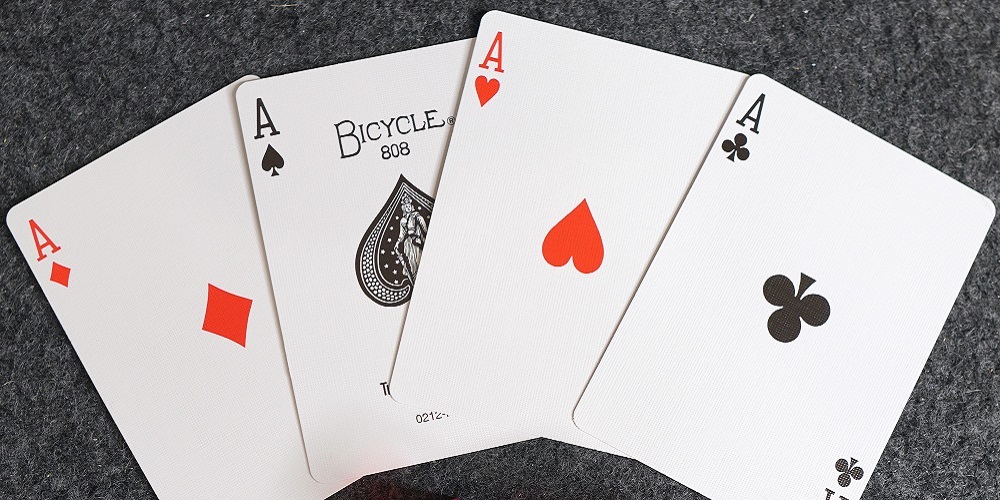
There are ways to take advantage of what
leverage in poker offers. For example, in confrontations between players with large
stacks, where raises and 3-bet or 4-bet postflop are common. The bets in
this context are likely to generate a significant leverage towards the
opponent, forcing him to go all-in or to fold and say goodbye to a very, very
attractive pot.
Leverage theory also tells us that it is by
applying pressure to the middle hands that we can extract a significant
leverage advantage. In these situations, what we are looking for is to
encourage the opponent to start making mistakes in his decision
making and to take the wrong path because of the pressure. Under high pressure,
it is easy for the mind to play tricks, making it impossible to take a good
reading during the game.
The bubble can also be taken advantage of. When
the bubble is close and players are a little short of stack, we can force
them to make a mistake by putting pressure on them. These players will try
to preserve their stack and play only as much as they need.
We can take advantage of that to push them to
play, make their stack more trapped and make them miss their moves.
Although players with small stacks can be dangerous because of their tendency
to go all-in and try to double up, it is taking too much risk for someone who
has no more chips to play with.
If you want to go for something more
conservative, you can always target players with medium stacks, perfect
for squeezing them and making the pressure of leverage feel on them.
An important point about leverage: the
higher the leverage increase, the more risk you take. This pressure is not
in exchange for nothing, and we can find ourselves in a compromising situation
if we have not taken our chips into account. It may happen that we exert
pressure on medium stacks and, suddenly, we realize that we do not have enough
chips to be able to cover the possible losses that may be generated by excess
pressure on an opponent.
This leaves an important moral: the leverage
theory is risky; it can bring benefits but it is a double-edged sword that you
have to know how to handle. Although it is important to look at other people's
stacks to determine our enemies when taking advantage of leverage, if we are
not careful, we can fall prey to our own stack, especially if we cannot
cover losses.
You may also like

Self-stacked scripts in poker: what are they and what are they for?
With the growth of online poker, digital resources have been increasing, helping to simplify the role of the player both during the game and in the moments before and after. In this post we are goi...

Poker tournaments at WPT Global have even more value for players thanks to the launch of the weekly multi-table tournament leaderboards.
WPT GLOBAL LAUNCHES WEEKLY TOURNAMENT LEADERBOARDS WITH SUPER PRIZESPoker tournaments at WPT Global have even more value for players thanks to the launch of the weekly multi-table tournament leader...

Over 1,000 Guaranteed Packages in the Road to Vegas!
GGPoker Takes You to the WSOP 2025: Over 1,000 Guaranteed Packages in the Road to Vegas!If you’ve ever dreamed of competing in the world’s most prestigious poker tournament, now is your chance! GGP...






